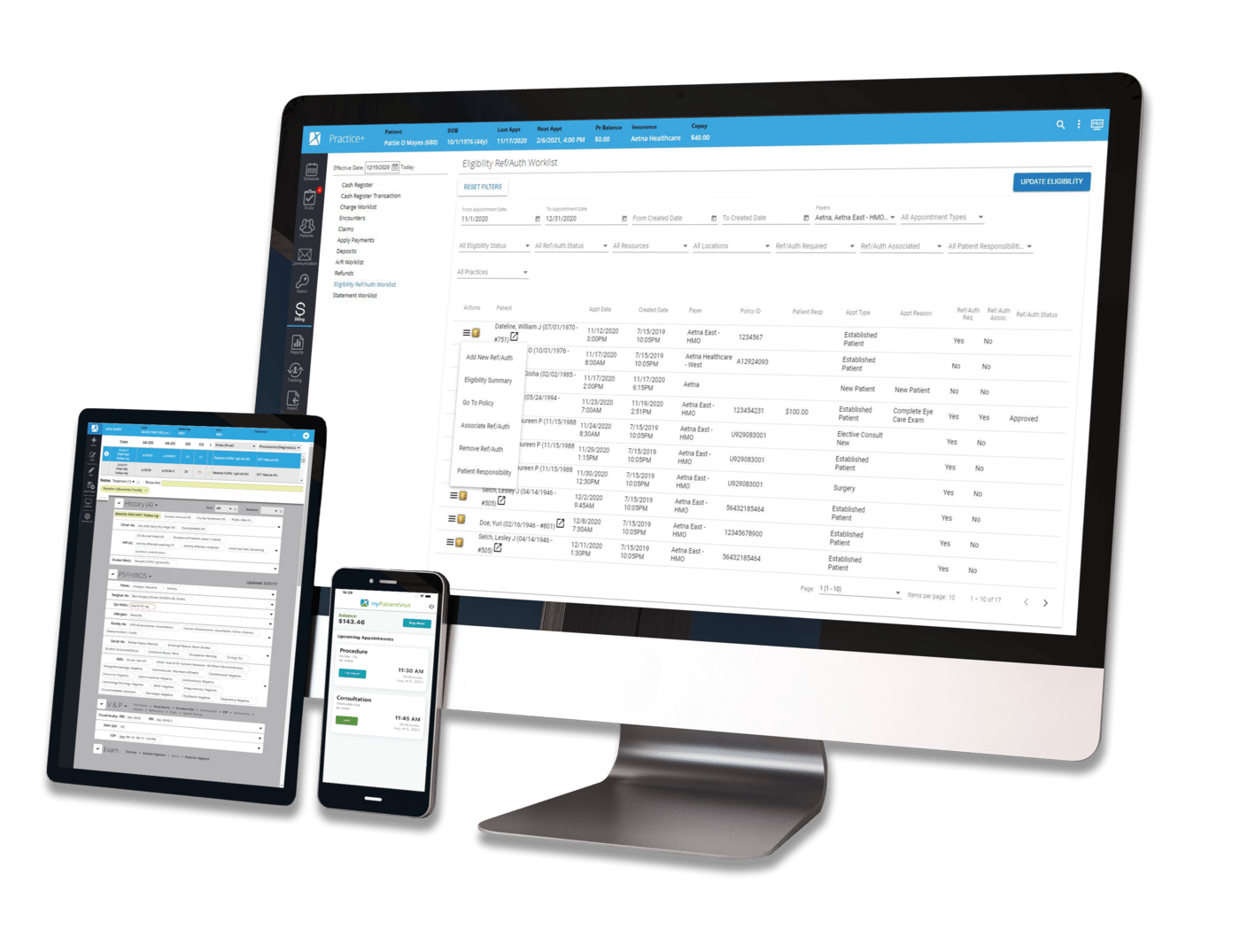Latest Articles
The latest news and information regarding electronic medical records, practice management software, HIPAA, and security from Nextech.

By:
Samantha McAlister
May 1st, 2015
Many of you have probably heard the rumors that CMS has released a proposed Meaningful Use flexibility rule, which could change the rules for the 2015 Meaningful Use reporting period. A proposal was released in April and rule-makers have 60 days to discuss the changes before anything is finalized. Experts in the field agree that a final decision should be released in the July/August timeframe.

Patient Engagement | Healthcare Technology
By:
Brian Gennusa
April 30th, 2015
With the EHR Incentive program and other initiatives to make health care more engaging, the patient portal is more important than ever. However, as revealed at the 2015 Healthcare Information and Management Systems Society conference, portal technology has largely fallen short when it comes to fostering engagement.


By:
Brian Gennusa
April 29th, 2015
Regardless of the specialty in which you work, having effective practice management techniques will be key to your success in the medical world. Simply put, no matter how strong the care you provide to your patients is, you won't be getting everything you can out of your practice unless your management is as close to perfect as possible. While there will always be some level of inevitable mistakes in this sort of work, it's important to recognize that a continual, ongoing evaluation and adjustment of your practice management techniques can be extremely beneficial to you, your staff and your patients. Take a look at these key tips, suggestions and techniques to help you avoid a practice management epic fail:

By:
Nextech
April 28th, 2015
Between upkeeping accurate electronic medical records, establishing and maintaining reliable revenue streams and continually developing your staff professionally, there's a lot to consider when you're running a medical practice. With all of these tasks requiring high-level attention on a daily basis, it can be hard to find the time to ensure that you're doing everything you can to build your practice's brand and client awareness. Luckily, living in the digital age means this process now requires less effort than ever before. Taking note of and implementing a few key tips and methods into your practice can help you build a meaningful online brand that can expand your client base and revenue streams while also bettering your reputation. Take a look at these helpful ideas when it comes to marketing:

By:
Nextech
April 24th, 2015
Transcript: Hi there, and welcome back to the Nextech blog! Today we'll be discussing how to talk to your staff about the impending ICD-10 transition.

Patient Engagement | Healthcare Technology
By:
Nextech
April 22nd, 2015
Things have changed a lot since that epic and historic moment, all those years ago, when Al Gore invented the internet (and yet, oddly enough, his name isn’t mentioned once in the history of the internet). Just kidding… About Al Gore, not about things changing. They have changed. A lot… Especially when it comes to how we use the internet. And I’m not just referring to the shocking number of people who ended up using it primarily just to look at pictures of cats. Originally, searching the internet required a desktop computer with a dialup modem that would scream at the user until a connection was established (remember that sound?). These days, we have Wi-Fi that allows us to access the internet from various devices—desktops, laptops, tablets, smartphones, and even our cars.

By:
Nextech
April 20th, 2015
Recent advancements in technology have put mobile devices in the spotlight in the healthcare industry. More physicians and specialists are harnessing the power, mobility and convenience of smartphones and tablets in clinical settings, using them to view electronic medical records, schedule appointments and display clinical information for patients without the need of a full personal computer setup. The increasing prominence of these platforms in healthcare settings has spurred an accelerated development of medical software applications.

By:
Samantha McAlister
April 17th, 2015
Take Advantage of Your EHR The Physician Quality Reporting System is in full force for 2015, offering several methods of reporting, each with their own rules and standards. Nextech provides a way for clients to report electronically, allowing a more streamlined all in one report. For 2015, you can align your Clinical Quality Measures for the Meaningful Use EHR Incentive program with the 9 PQRS measures across 3 domains. If you participated in Meaningful Use in 2014, you should already have the measures in your EHR and we’ll be able to pull a report for the 2015 submission process.